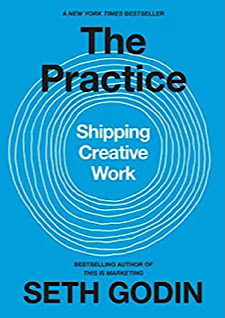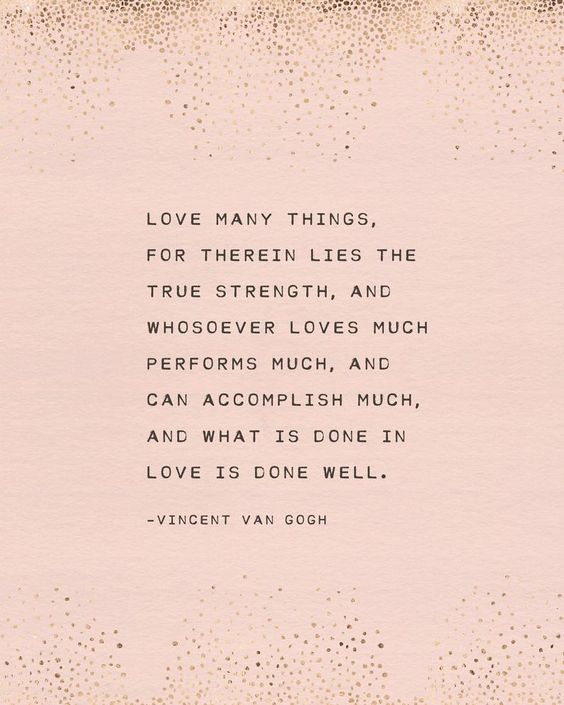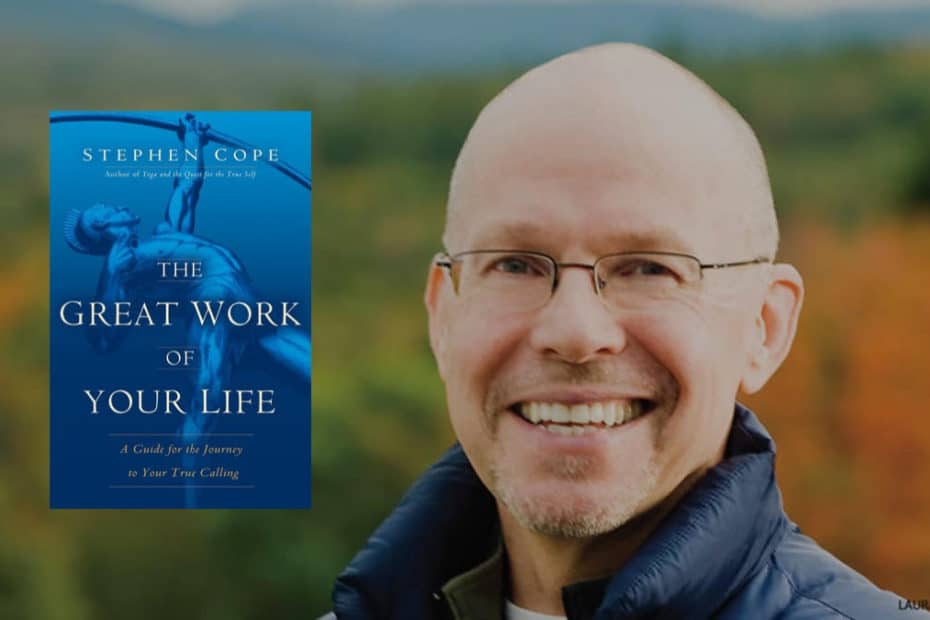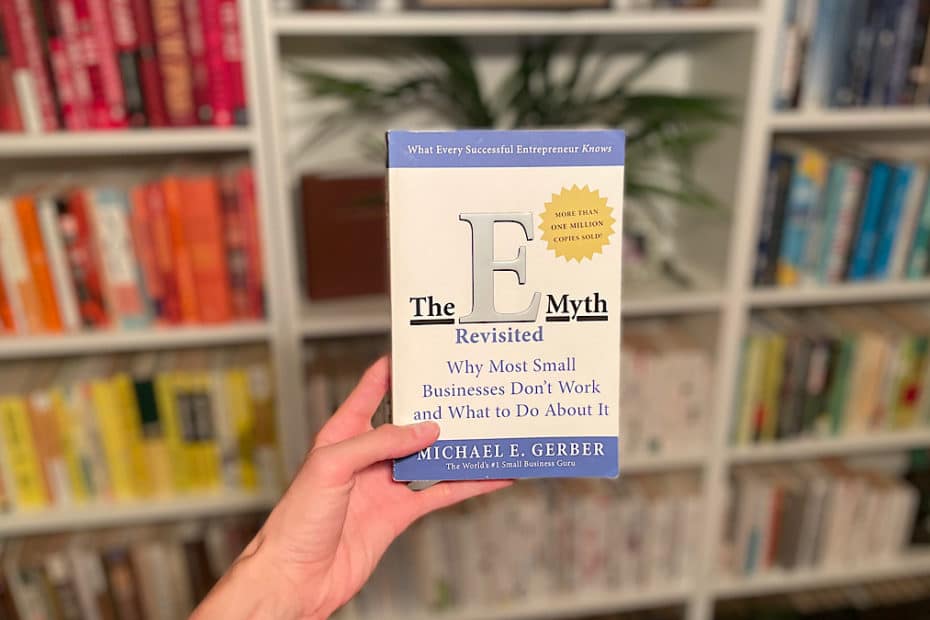“If you want something that’s both rare and valuable, you need something rare and valuable to offer in return—this is Supply and Demand 101. If follows that if you want a great job, you need something of great value to offer in return.”
Cal Newport, So Good They Can’t Ignore You (Page 44)
“Put aside the question of whether your job is your true passion, and instead turn your focus toward becoming so good they can’t ignore you. That is, regardless of what you do for a living, approach your work like a true performer.”
Cal Newport, So Good They Can’t Ignore You (Page 39)
“The happiest, most passionate employees are not those who followed their passion into a position, but instead those who have been around long enough to become good at what they do. On reflection, this makes sense. If you have many years’ experience, then you’ve had time to get better at what you do and develop a feeling of efficacy. It also gives you time to develop strong relationships with your coworkers and to see many examples of your work benefiting others. What’s important here, however, is that this explanation, though reasonable, contradicts the passion hypothesis, which instead emphasizes the immediate happiness that comes from matching your job to a true passion.”
Cal Newport, So Good They Can’t Ignore You (Page 17)
“Why do some people enjoy their work while so many other people don’t? Here’s the CliffsNotes summary of the social science research in this area: There are many complex reasons for workplace satisfaction, but the reductive notion of matching your job to a pre-existing passion is not among them.”
Cal Newport, So Good They Can’t Ignore You (Page 14)
“Don’t follow your passion; rather, let it follow you in your quest to become, in the words of my favorite Steve Martin quote, ‘so good that they can’t ignore you.'”
Cal Newport, So Good They Can’t Ignore You (Page xx)
So Good They Can’t Ignore You [Book]

Book Overview: In this eye-opening account, Cal Newport debunks the long-held belief that “follow your passion” is good advice. Not only is the cliché flawed-preexisting passions are rare and have little to do with how most people end up loving their work—but it can also be dangerous, leading to anxiety and chronic job hopping. After making his case against passion, Newport sets out on a quest to discover the reality of how people end up loving what they do. Spending time with organic farmers, venture capitalists, screenwriters, freelance computer programmers, and others who admitted to deriving great satisfaction from their work, Newport uncovers the strategies they used and the pitfalls they avoided in developing their compelling careers. Matching your job to a preexisting passion does not matter, he reveals. Passion comes after you put in the hard work to become excellent at something valuable, not before. In other words, what you do for a living is much less important than how you do it.
Post(s) Inspired by this Book:
“The infinite game is the game we play to play, not to win. The infinite game is a catch in the backyard with your four-year-old son. You’re not trying to win catch; you’re simply playing catch. The most important parts of our lives are games that we can’t imagine winning.”
Seth Godin, The Practice (Page 167)
“If we failed, would it be worth the journey? Do you trust yourself enough to commit to engaging with a project regardless of the chances of success? The first step is to separate the process from the outcome. Not because we don’t care about the outcome. But because we do.”
Seth Godin, The Practice (Page 92)
“Who wants to do difficult work that doesn’t fulfill us? Who wants to commit to a journey before we know it’s what we were meant to do? The trap is this: only after we do the difficult work does it become our calling. Only after we trust the process does it become our passion. ‘Do what you love’ is for amateurs. ‘Love what you do’ is the mantra for professionals.”
Seth Godin, The Practice (Page 22)
The Practice: Shipping Creative Work [Book]

Book Overview: Creative work doesn’t come with a guarantee. But there is a pattern to who succeeds and who doesn’t. And engaging in the consistent practice of its pursuit is the best way forward. Based on the breakthrough Akimbo workshop pioneered by legendary author Seth Godin, The Practice will help you get unstuck and find the courage to make and share creative work. Godin insists that writer’s block is a myth, that consistency is far more important than authenticity, and that experiencing the imposter syndrome is a sign that you’re a well-adjusted human. Most of all, he shows you what it takes to turn your passion from a private distraction to a productive contribution, the one you’ve been seeking to share all along. With this book as your guide, you’ll learn to dance with your fear. To take the risks worth taking. And to embrace the empathy required to make work that contributes with authenticity and joy.
Post(s) Inspired by This Book:
“You know how you meet people and they ask, ‘What do you do?’ You can always say that you’re a teacher or a student, an accountant or an artist, or whatever your vocation. But once you have a quest, you have another answer, too. Your identity isn’t tied to a job; your identity is who you really are. I’m trying to visit every country in the world. I’m on a quest to publish one million processed photos. I’m going to produce the largest symphony ever performed.”
Chris Guillebeau, The Happiness of Pursuit (Page 123)
“Everything good needs time. Don’t do work in a hurry. Go into details; it pays in every way. Time means power for your work. Mediocrity is always in a rush; but whatever is worth doing at all is worth doing with consideration. For genius is nothing more nor less than doing well what anyone can do badly.”
Amelia Barr
“When you’re doing what you love to do, you don’t get exhausted. You get exhausted from trying to fulfill everyone else’s ideas and ideals about who you should be. When you do that, you’re not being true to yourself.”
Oprah Winfrey, via More Myself (Page 185)
“We like what we choose. Not the other way around. It feels safer to say that we’re born with talents and gifts, that we have a true calling, that we’re looking for what connects with our passion. That’s not useful (because it means you spend a lot of time shopping around) but it’s also not true. New research confirms that random choices lead to preferences, and then it follows that preferences lead to habits and habits lead us to become the person we somehow decide we were born to be. If you had grown up somewhere else or some time else, there’s little doubt that you’d prefer something else. The things we think we need are simply the things we’re used to. And if you like what you like simply because you have a pattern, that means that you might be able to like something else if you could develop new patterns. In short: If we commit to loving what we do, we’re more likely to find engagement and satisfaction. And if what we do changes, we can choose to love that too.”
Seth Godin, Blog
25 Work Ethic Quotes to Re-Ignite (or Reinforce) The FIRE In Your Belly!
Excerpt: These 25 Work Ethic Quotes will get you FIRED up and ready to tackle the challenges of your life (because there’s never a shortage of those).
Read More »25 Work Ethic Quotes to Re-Ignite (or Reinforce) The FIRE In Your Belly!
“Following your genuine intellectual curiosity is a better foundation for a career than following whatever is making money right now.”
Naval Ravikant, Medium
12 Illuminating Stephen Cope Quotes from The Great Work Of Your Life on Mastery and Fulfillment
Excerpt: These 12 deep quotes from The Great Work Of Your Life will help you live more deliberately, more aligned, and in a more meaningful way.
Read More »12 Illuminating Stephen Cope Quotes from The Great Work Of Your Life on Mastery and Fulfillment
“Following your bliss is a recipe for paralysis if you don’t know what you are passionate about. A better motto for most youth is “master something, anything”. Through mastery of one thing, you can drift towards extensions of that mastery that bring you more joy, and eventually discover where your bliss is.”
Kevin Kelly, Blog
12 Motivational Michael Gerber Quotes from The E-Myth Revisited
Excerpt: Small business guru Michael Gerber will help you become a successful entrepreneur. These quotes from The E-Myth Revisited will get you going.
Read More »12 Motivational Michael Gerber Quotes from The E-Myth Revisited



